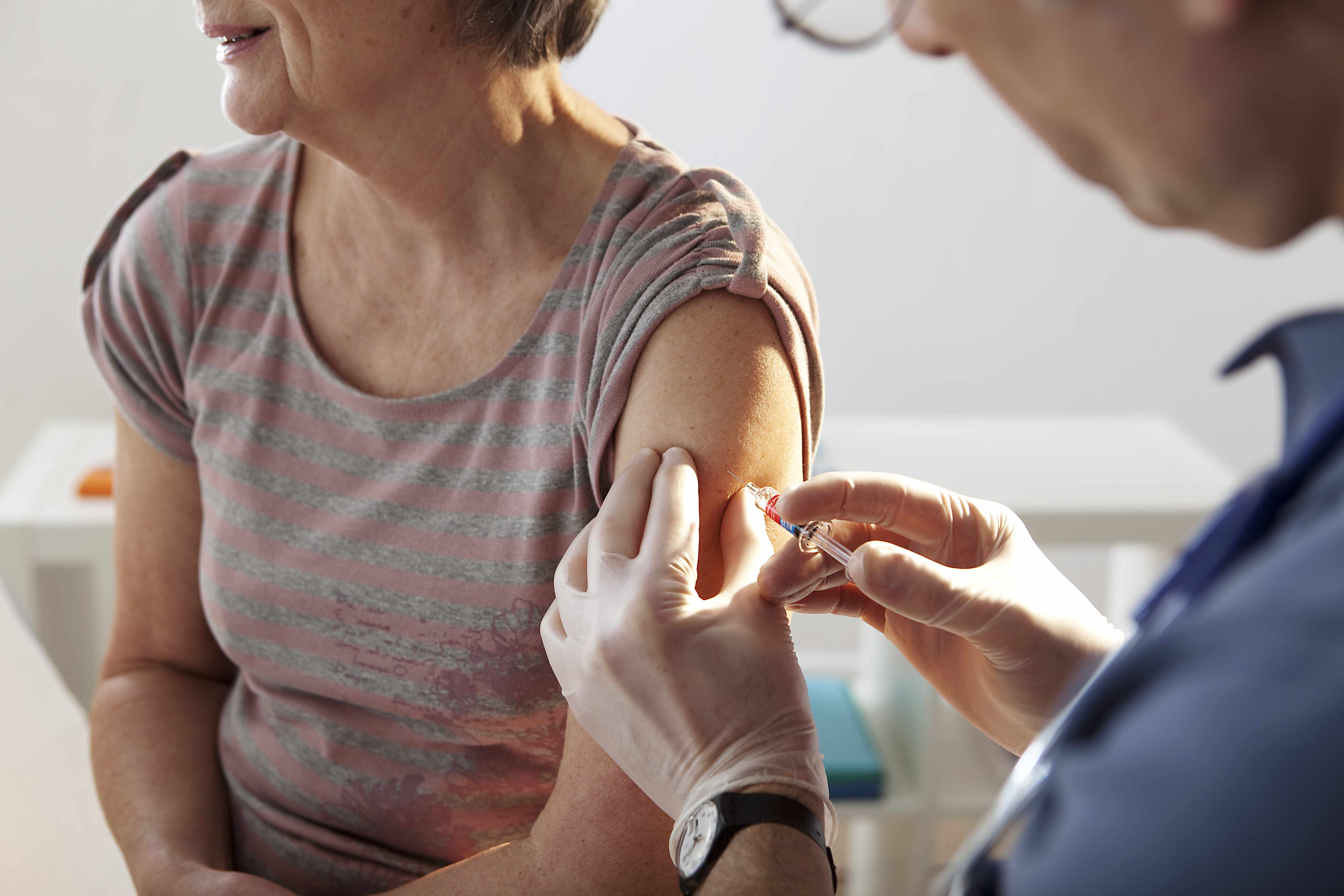-
Featured News
Shingles vaccine, MMR booster top immunization schedule

Two key changes in adult vaccine recommendations by the Centers for Disease Control and Prevention include the new shingles vaccine and booster shots for mumps.
All adults 50 and older should get a new two-dose, inactivated vaccine to prevent shingles. Those who are at increased risk of mumps exposure should get a third dose of the measles, mumps and rubella (MMR) vaccine, according to the 2018 Advisory Committee on Immunization Practices.
"Shingles and its complications is a major health issue for adults, " says Dr. Gregory Poland, director of Mayo Clinic's Vaccine Research Group and Advisory Committee on Immunization Practices member who contributed to the recommendations. "The previous vaccine — a live-virus vaccine — did not induce long-lasting immunity and could not be used in persons who are immunosuppressed for any reason. This new vaccine offers long-lasting protection and does not have the limitations of the live-virus vaccine."
Dr. Poland says the U.S. is experiencing a major resurgence in mumps outbreaks. "Immunity to mumps from vaccine often does not induce lifelong immunity and, therefore, a third booster dose is needed in settings where outbreaks are occurring, such as college campuses, military settings, some sports teams, etc."
"This new vaccine [for shingles] offers long-lasting protection and does not have the limitations of the live- virus vaccine." — Dr. Gregory Poland
Mumps is a contagious viral illness that typically starts with a few days of fever, headache, muscle aches, tiredness and loss of appetite, followed by swollen salivary gland. Children are given the MMR vaccine.
The 2018 adult immunization schedule also has been approved by the American College of Physicians, the American Academy of Family Physicians, the American College of Obstetricians and Gynecologists, and the American College of Nurse-Midwives.
Read more:
- Recommended Vaccinations for Adults by Age and Medical Condition
- Immunization Schedule for Adults 19 years of age and older







